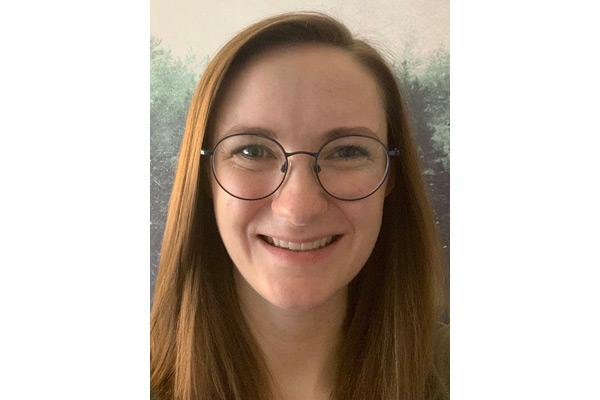Congratulations to Lavender McKittrick-Sweitzer on her Ph.D.

This semester Lavender McKittrick-Sweitzer successfully defended her dissertation, Care Exploitation: Recognizing and Preventing a Pervasive Injustice. Her advisor was Professor Piers Turner. Here’s a brief description:
“Care exploitation pervades our lives, appearing prevalently in our homes, education system, military, and medical facilities. Consider the public schoolteachers that care about helping children achieve their goals by providing them with a proper education and are expected to do so by parents, administrators, or legislators – even with abysmal pay and little appreciation. I argue that the unique wrong of care exploitation is the failure to respect one’s dignity by taking advantage of their vulnerability arising from caring about. Care exploitation occurs when a caring party answers another’s call to aid in the flourishing of some person or project. This call to aid is made with the presumption that the caring individual will answer it, and is actively or passively made. The call isn’t necessarily coercive or manipulative, and is made because the individual called has a general disposition to care about, or cares about the subject of the call in particular. It is presumed by the exploiter that the individual will likely accept the call because they care – where this care is a source of vulnerability.
Upon articulating the unique wrong of care exploitation, I explore where responsibility for care exploitation lies both in structural and interpersonal relationships. I ultimately argue that, contingently, structural care exploitation arises against a background of gender injustice, and Iris Marion Young’s Social Connection Model can help us understand who bears responsibility. Identifying those responsible in purely interpersonal cases is arguably more straightforward as a matter of scale. From here, I suggest a general framework for understanding one’s responsibilities for preventing and addressing care exploitation in personal and structural relationships. I argue that one ought to respect caring individuals’ self-authorship and ensure that their well-being is not undermined in all relationships, and in structural relationships orient oneself to a stance of solidarity with those that are vulnerable to having their care systematically exploited.”
Congratulations, Lavender!
